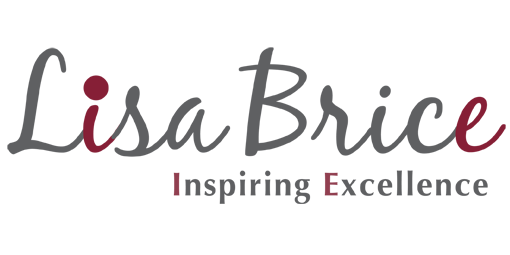
I want what you’ve got
“You have got to come and see this” I call to my husband. “Your cat – Astro is definitely his cat – has managed to ensconce himself in the cat basket.” Nothing too remarkable about that I hear you say. Well it tweaked my fancy as the cat basket had been sitting on some boxes in the utility room for about 5 years and had never been used by either of our cats.
When we were “adopted” by our friend’s cat “Brother”, he decided to use the cat basket. He snores gently in it most of the day and all night. Apparently, Astro had got a big case of “I want what you’ve got” and had used his position of lead cat to push Brother out of his bed and try it out for himself. I am convinced that if he hadn’t seen Brother in the basket he wouldn’t have bothered.
Astro and the cat basket incident reminded me of a time when I was shopping for a pair of boots. Just as I was asking the shop assistant if she had a particularly lovely pair of boots in size 6, I heard a customer saying to her partner “No I don’t like these, let’s try somewhere else”.
The shop assistant advised me that the customer (whom I had just heard) was trying on the last pair and that if she didn’t take them, I could try them. Well to my horror, the customer on hearing that I might want the boots, turned around to the shop assistant and said “I will take these, thank you!” Needless to say, I didn’t get the boots!
Is there a pattern emerging, I ask myself? What is it about someone having something or doing something that has us want it too?
Often in January our thoughts turn to our goals and aspirations for the forthcoming year. I am curious about how might “I want what you’ve got” play out in relation to our goal setting. Perhaps it is worth considering whether are our goals are really our own? Do we really want them for ourselves or are they aspirations that are borne out feelings of inadequacy when we compare ourselves with others?
Perhaps part of the answer lies with NLP’s distinction between our preference for being “externally referenced” – relying on external sources for evidence of fulfilment – or “internally referenced” – using internal feelings, images and voices as evidence of fulfilment. Simply put – if you were determining if you had done a good job, would you prefer someone else to congratulate you or would you be satisfied because you knew yourself you had done it well?
Whilst all of our preferences are contextual and will vary depending on circumstance, if on balance you have a preference to be internally referenced you may find it relatively easy to judge what it is you want for yourself; perhaps you have a strong sense of self – knowing what is right for you.
Whatever the initial motivation for the goal, having a goal or a “Well Formed Outcome” (in NLP terminology) that is aligned and congruent with who you are will significantly increase the chances of you achieving it.
David Molden and Pat Hutchinson, in their book “Brilliant NLP: What the Most Successful People Know, Say & Do”, use a great acronym PRIEST for evaluating the likely success of achieving an outcome or goal.
Positively stated:
Is it expressed in the positive? What specifically do you want? Where, when, how, and with who do you want to achieve it?
Resources:
Is it worth what it will take? Are you prepared to pay the price to achieve it? What resources do you need? How can you get them? Where are you now in relation to it?
Initiated and maintained by self:
Does it fit with who you are? Can you directly control and influence it?
Ecology:
Is it a win-win? Is it ecologically desirable? What impact will achieving it have on you and others? What will happen if you don’t achieve it?
Sensory evidence:
Can you associate into it and experience it in all of your senses? How will you know you have achieved it? What will see, hear, and feel when you have it?
Time:
Is there a timeframe? Is it progressive? What is your first step to achieving it?
How well formed are your outcomes?

Comments (0)